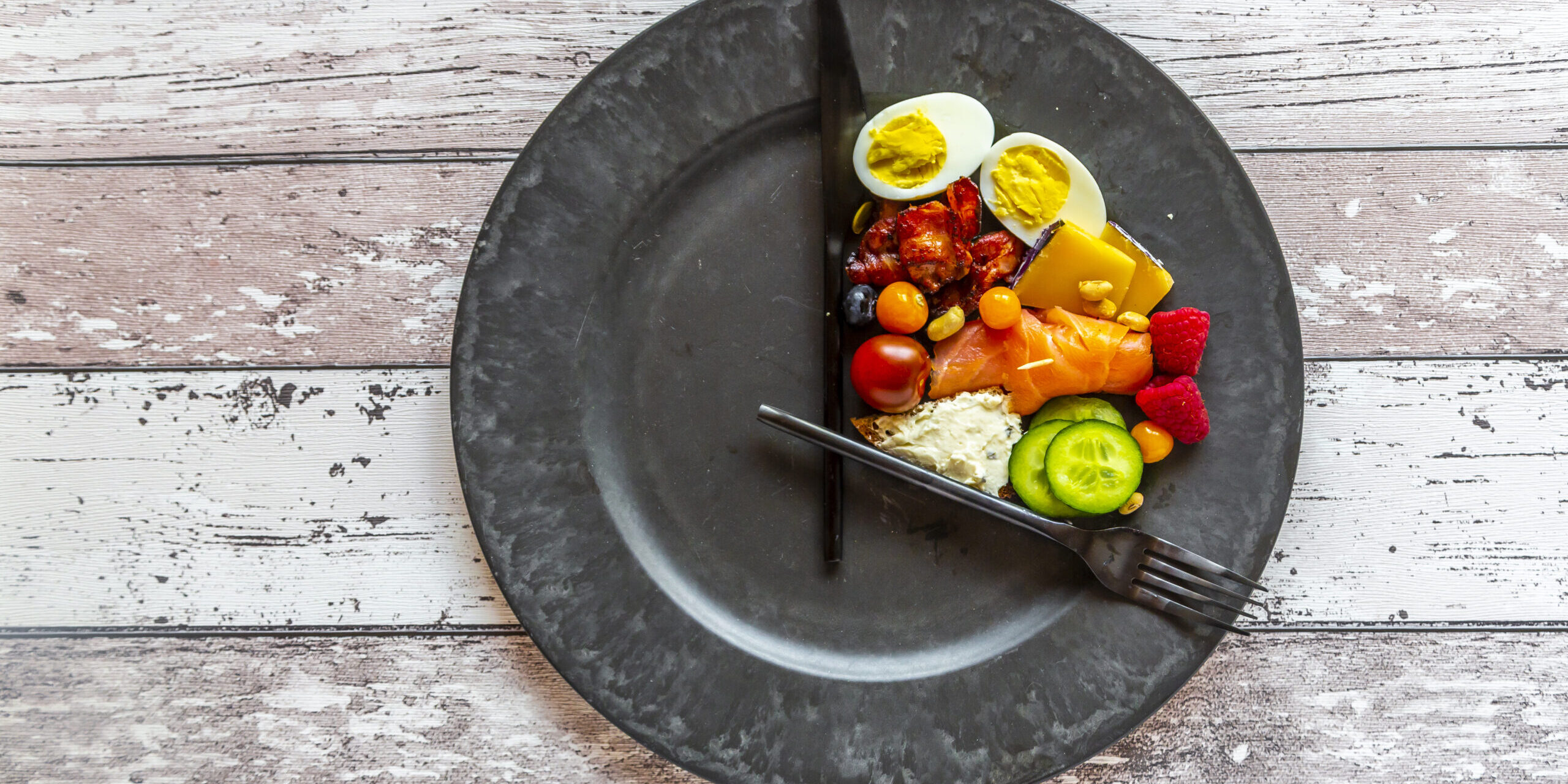By Jaclyn Mascia MS, RD, CDN
Practicing portion control is essential for healthy eating and weight loss. As food portion sizes have increased over the years, so have our weights and waistlines. Food portions have grown so large that we have difficulty remembering what a normal portion size really looks like. Therefore, many of us experience “portion distortion.” Here are some tips to help avoid “portion distortion”:
- Read Food Labels: Use the serving size and servings per container to determine an appropriate portion size.
- Measure: Use measuring cups, spoons, and a food scale to ensure that you are consuming an appropriate portion at each meal and snack time.
- Decrease the Size: Use smaller plates and forks to help decrease portion sizes.
- Slow Down: Put the fork down between bites and allow for at least 20 minutes completing each meal to allow your brain to process that you are full.
- Avoid Distractions: Eat while seated and free of distractions such as cell phone, TV, and computers.
- Prevent Grazing: Keep serving dishes off the table to prevent post-meal grazing.
- Portion out Snacks: Avoid eating food directly from the bag or container; take out the appropriate portion and put the rest away.
Visually comparing a serving size of food to an object around the home can be used when measuring cups, spoons, and food scales are not readily available. Use this list as a general guide for visualizing portion sizes:
- 3 oz. protein is about the size of a deck of cards.
- 3 oz. fish is about the size of a checkbook.
- 1 oz. of cheese is about the size of 4-6 small dice.
- ½ cup of cooked vegetables is about the size of half of a baseball.
- 1 cup of leafy greens is about the size of a baseball.
- 1/3 cup of pasta is about the size of a tennis ball.
- 1 serving of a baked potato is about the size of a computer mouse.
- 2 tablespoons of peanut butter is about the size of a ping pong ball.
- 1 teaspoon of oil or butter is about the size of the tip of your thumb.
In conclusion, the amount of food we consume is just as important as the type of food. Although it can be challenging to battle “portion distortion”, utilizing these tips can help you maintain a healthy weight and lifestyle.
Jaclyn Mascia is a Registered Dietitian Nutritionist who helps our Bariatric and Medical Weight Management patients achieve their health and weight loss goals.

